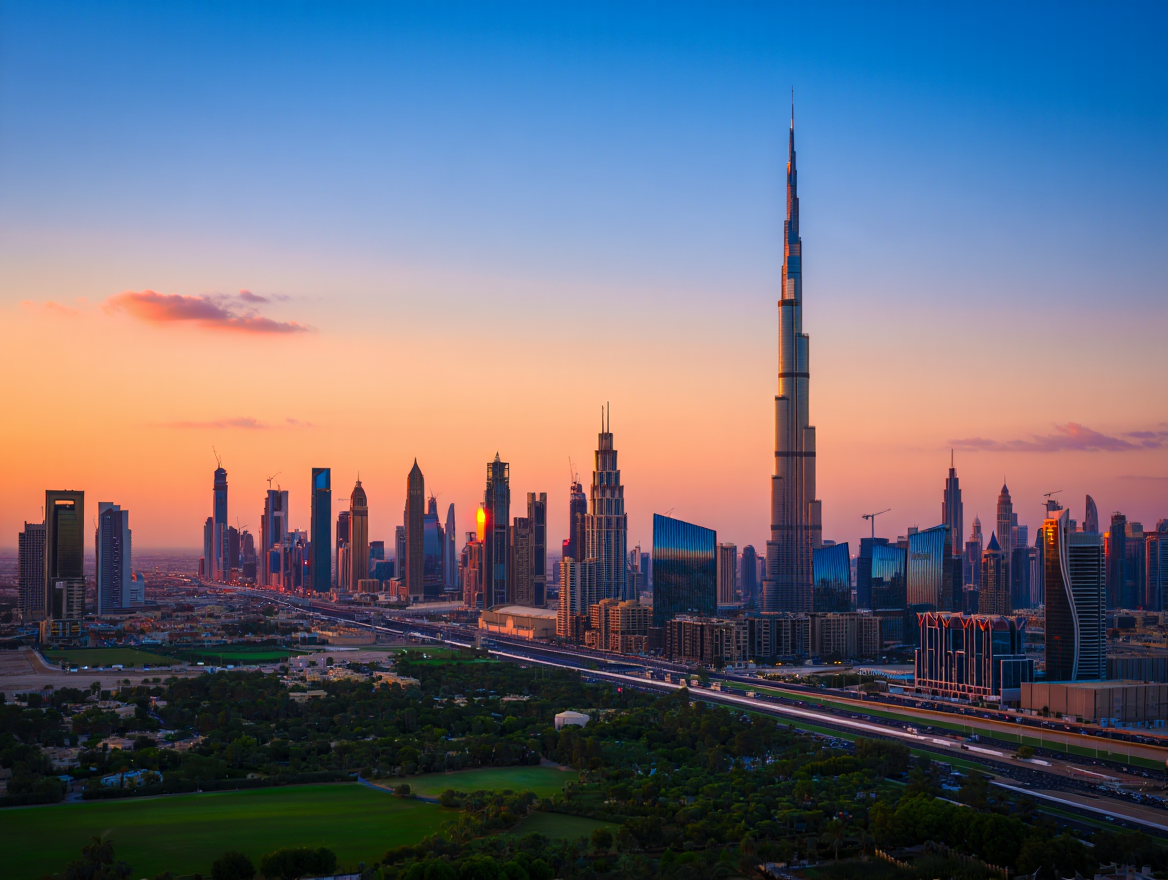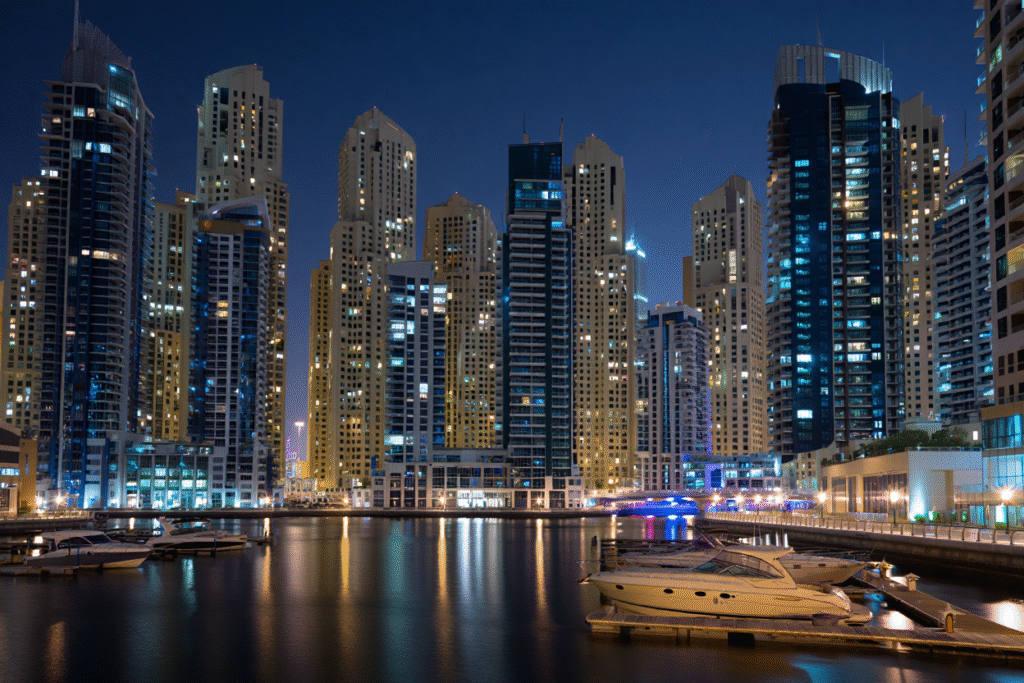

The Dubai real estate industry has rapidly evolved into one of the most competitive markets in the world. With a mix of luxury developments, affordable housing, off-plan projects, and prime waterfront communities, Dubai continues to attract both local and international investors. Understanding the real estate competition in Dubai is crucial for buyers, investors, and developers aiming to stay ahead.
In this blog, we’ll explore the Dubai property market, analyze the major competitors, and highlight the strategies shaping this booming industry.
Dubai’s property sector has experienced exponential growth over the past two decades. Factors contributing to its success include:
Government initiatives like Golden Visa residency programs.
Mega projects by leading developers (Emaar, Sobha, Damac, Nakheel, Binghatti, Danube, etc.).
World-class infrastructure including Expo 2020 legacy developments and Dubai 2040 Urban Master Plan.
Investor-friendly regulations such as 100% foreign ownership and transparent RERA guidelines.
These factors have created a competitive real estate environment in Dubai, where multiple developers and agencies strive to deliver premium projects and attract global buyers.
The real estate competition in Dubai is fierce, with several developers dominating the market. Some of the major players include:
Emaar Properties – Known for Burj Khalifa, Downtown Dubai, Dubai Hills Estate.
Sobha Realty – Famous for high-end communities like Sobha Hartland and Sobha Reserve.
Damac Properties – Offering branded residences and luxury towers with global partnerships.
Nakheel – Developer of iconic Palm Jumeirah and waterfront projects.
Binghatti & Danube Properties – Popular for affordable luxury and fast-delivery projects.
Each developer competes by offering unique payment plans, innovative architecture, and lifestyle-focused communities to attract investors.
While global real estate markets face slowdowns, Dubai continues to thrive because of:
Tax-free investment environment.
High rental yields compared to cities like London, New York, and Singapore.
Wide variety of properties from luxury penthouses to affordable apartments.
Investor demand from Europe, Asia, Africa, and the Middle East.
Dubai’s mix of luxury and affordability makes it a highly competitive real estate hub on a global scale.
To stand out in Dubai’s competitive real estate market, developers and agencies focus on:
Flexible payment plans (60/40, 70/30, post-handover).
Smart home technologies and sustainable developments.
Branded residences with global partners like Cavalli, Versace, and Armani.
Strong marketing and digital presence targeting international buyers.

The future of Dubai’s property industry is promising. The city’s vision for sustainability, smart cities, and luxury living will continue to attract foreign direct investment. Developers who adapt to green building trends, AI-driven property solutions, and global buyer preferences will remain ahead of the competition.
The real estate industry in Dubai is highly competitive, driven by innovation, government support, and global investor demand. For buyers and investors, this competition ensures diverse options, better pricing, and high-quality developments. For developers and agencies, staying ahead requires continuous innovation, strong branding, and market awareness.
Dubai is not just a property market—it’s a global real estate investment destination where competition fuels progress.